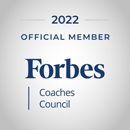The number one barrier to making a sale is the unflinching pursuit of an outcome. Chasing an outcome limits your listening – the most important skill and behavior in a successful sales career. Focusing on the outcome affects the quality of your listening, the types of questions you ask, the information you learn, the obstacles you need to overcome, and the results you create. The following example illustrates my point.
You are twenty minutes into a conversation with a key prospect when they tell you their current provider (incumbent) hasn’t been able to keep up with the growth and demands of their business, and they’re looking for a more strategic, proactive approach. Most salespeople would be overjoyed to hear this from their prospect. To add even more color to this example – let’s assume it took a year of effort to solidify the appointment. A win with this type of client would add momentum, confidence and a financial lift to your year.
You have lots of experience in this area and you recently won a new client in a very similar circumstance. You feel confident about your approach, and your stories will impress upon the prospect that you and your team have the blueprint to solve the prospect’s issues. You share your experience and expertise with the prospect, highlighting the opportunities and pitfalls regarding their situation, and you deliver detailed ideas. The prospect agrees to another meeting.
Danielle, your competitor, isn’t as technically experienced, but she knows the power of listening. When she hears the same thing from the prospect, she slows the conversation down and starts asking questions. What do they mean by strategic or proactive? She takes the time to ask for examples and she doesn’t stop there. She presses on to find out when the prospect started to feel this way. What have they already tried to solve and how will success be defined if they make a change? As a result, she, too, gains a second meeting.
Two Competitors, One Winner
What did each of you accomplish?. Did you achieve the same thing? You positioned yourself as a credible alternative – which matters only in the rare instance the prospect has already debated change prior to your showing up. As with most sales opportunities, the prospect debating change will occur throughout your conversations. The catalyst for this “change or no change” evaluation is the prospect’s innate human tendency to overestimate what they currently have in place (incumbent), and underestimate what they could gain by making a change (with you or Danielle). This “decision uncertainty” and “change hesitancy” manifests into “sales objections” – barriers to the sale. Between you and your competitor, who’s learned the most to be able to work their way through an objection?
In your case, you assumed that your definition of strategy and proactiveness was the same as the prospect’s. You heard a “sales” trigger – something that your past experience has taught you about generating a next step, a second meeting, an outcome. Though very talented, you only listened enough to find a path that would allow you to present your expertise.
Once the prospect’s “change comfort zones” arose, the only thing you and your team could do was prove, promise and persuade harder – based on the assumptions you made in your conversations.
Danielle, on the other hand, took the time to learn more. She resisted the temptation to pitch herself or her product, and focused her energy on better understanding what the prospect’s experience and if a change was really necessary. She compartmentalized her internal distraction of seeking “next steps” and prioritized learning more – even at the risk of losing the sale. With Danielle’s approach, she would either be in a position to vet the prospects, change objections early in the conversation, or establish herself as the right consultant to help the prospect later on. The process of making a change requires debate and assessment of many uncertainties.
The Winning Difference
Returning to my question—did both competitors accomplish the same thing? The answer is no.
You created credibility and positioned yourself to have a sales conversation where you were pulling the prospect toward change. Irony is, the more you pulled, the more vested you became in winning the business and the more skeptical the prospect became regarding your capabilities and intent. Your expertise became less credible because you weren’t asking questions to guide and ensure the change process.
On the other hand, Danielle created trust and positioned herself to be a part of the prospect’s thinking and debate process for change. She is in a far better position to consult and help the prospect maintain objectivity in the evaluation process.
If you were the prospect and you were uncertain about embracing a change decision, which approach would you value more? Which experience would provide you the best process to debate your alternatives and give you the confidence and trust to make the leap?



